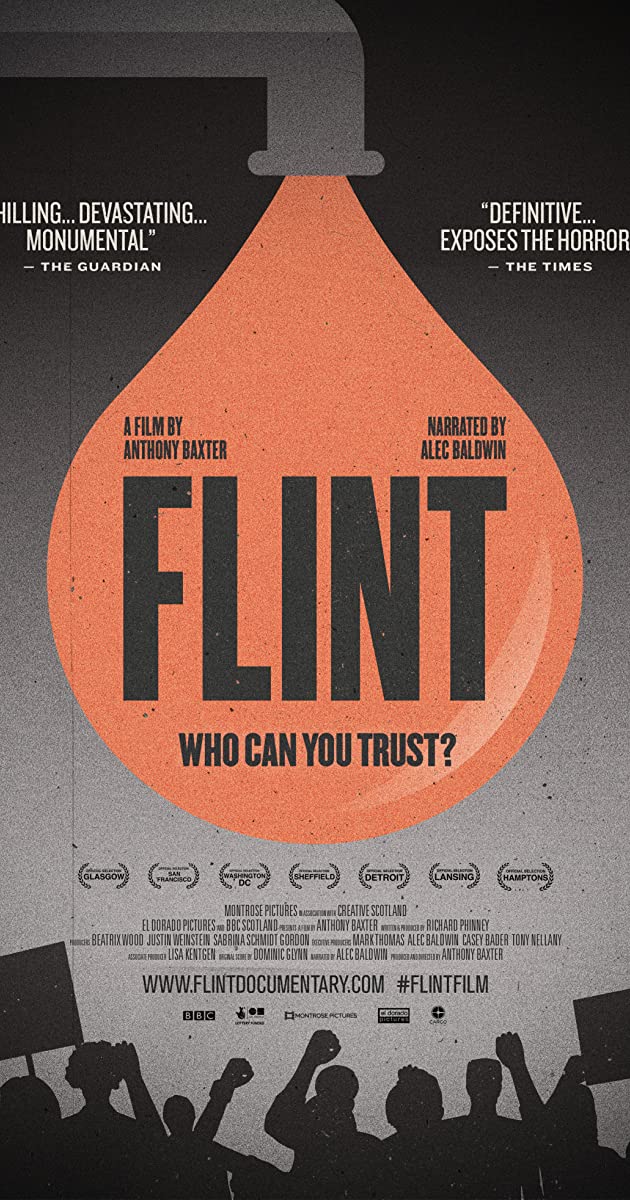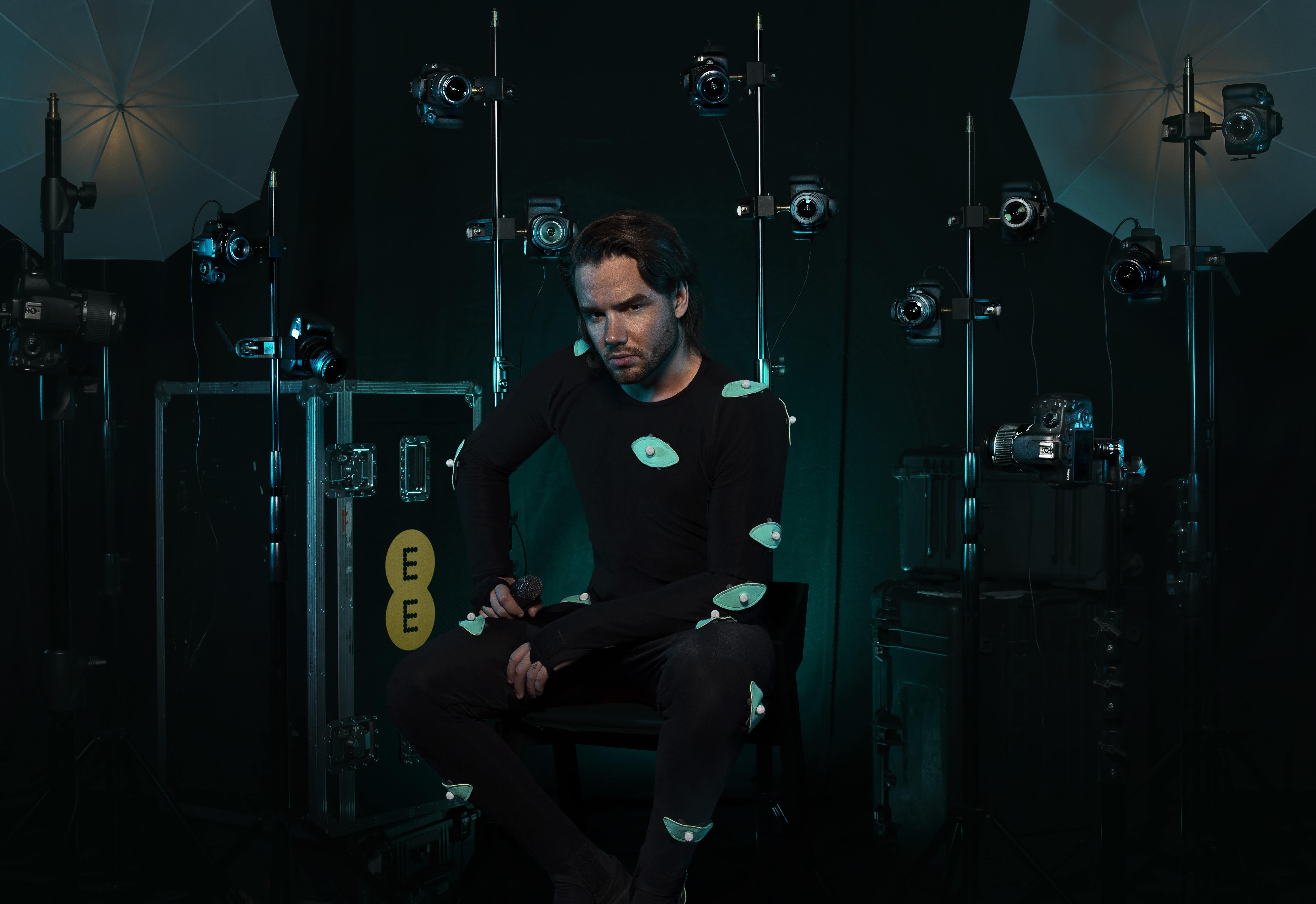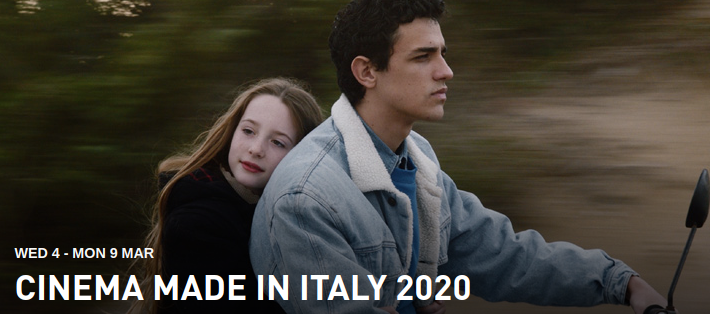Upon seeing the images of desolation, poverty and despair shown in the dry cold streets of Flint, Michigan shown in Anthony Baxter’s film, it’s hard to fathom that the city used to be a powerhouse of post-war American industry and prosperity. The Flint of today, however, couldn’t seem further away from the supposed utopia it once was, general motors, a vital employer of a town built around manufacturing, having left decades ago. Since then, and even before the water crisis, Flint became emblematic of a neglected America that metastasised into a city rife with crime, drugs and poverty. By the time the water crisis began back in 2015, Flint was already experiencing hardship, but, as the Covid crisis has also demonstrated, it was a symptom of a much wider injustice.

So starts the film, in the early days of the crisis, at the source of where it all began; ordinary people noticing themselves or worse, their kids becoming ill, getting spots on their skin, hair falling out – the sort of reaction one’d expect to happen in Chernobyl. After repeated rejections for help and proclamations that the water was safe from the city’s mayor, locals of Flint, largely mothers whose children have fallen ill due to the water, began to organise themselves. Eventually attracting the attention of acclaimed scientists and the media, the Flintonians were finally able to have their voices heard. The film follows these families, many of which living on the poverty and unbelievably still being charged their water bill. “I never trust the water” says a boy no older than 7, while him and his family are forced to clean themselves in bottled water.
But there’s more to the story than initially meets the eye, and as the film progresses, the evolving politics of truth and untruth begins to seep an increasingly desperate situation, blurring the lines between reality and fiction. What’s most tragic, is that no matter what happens, the citizens of Flint suffer, nonetheless. Being such an inherently twisting and shocking story, the film could have done without some of the intrusively dramatic music or other attempts to heighten the real-life drama, with one too many drone shots working as transitions. Though, let not some of the questionable aesthetic choices of Anthony Baxter distract you from the severity of the problem at hand in Flint and how it reflects the America of today.
The documentary Flint – Who Can You Trust? will be premiering on Tuesday 1 December 2020 at 10pm BBC Scotland and BBC iPlayer and it’s one of those films you should not miss out on. Filmed over a period of five years and narrated by Alec Baldwin tell a story that continues to haunts citizens of Flint till this day.
Have a look at the trailer!




